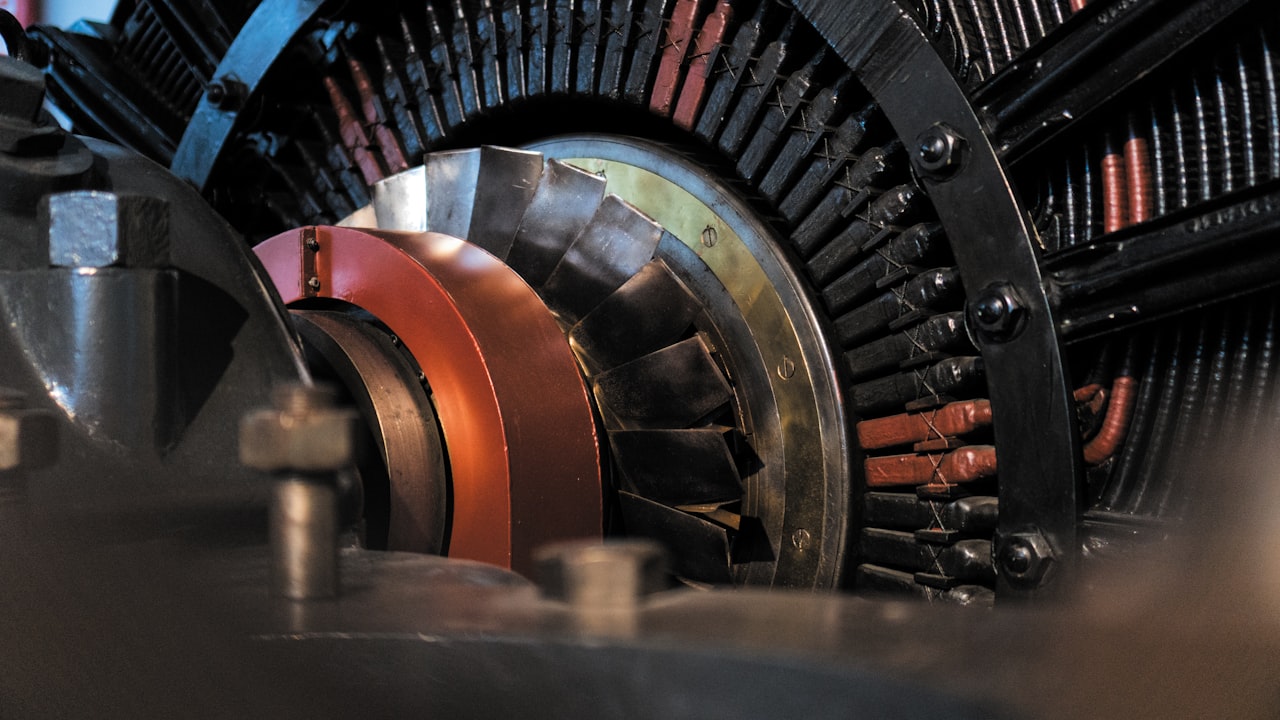Title: “Revolutionizing the Pharmaceutical Industry: The Role of Pharmaceutical Machinery”
In the rapidly evolving field of pharmaceuticals, the role of advanced pharmaceutical machinery has become increasingly vital. Among the key equipment used in pharmaceutical manufacturing processes are the table press machine, capsule filling machine, TDP (Tablet Press) machine, and THDP (Tablet Hardness Testing) machine. These machines play a crucial role in the production of high-quality medications and contribute to the efficiency and effectiveness of pharmaceutical operations.
Tablet press machines are essential in the pharmaceutical industry for the production of tablets. This machine compresses powders into solid tablets of uniform size and weight, ensuring accurate dosage and consistent quality. Tablet press machines come in various types, including single-punch and multi-station rotary presses, allowing for the mass production of tablets to meet growing demand.
Capsule filling machines are another indispensable tool in pharmaceutical manufacturing. These machines accurately fill empty capsule shells with powdered or liquid medications, streamlining the encapsulation process and ensuring precise dosage delivery. Capsule filling machines come in different configurations, such as automatic, semi-automatic, and manual, providing flexibility to pharmaceutical manufacturers based on their production needs.
TDP (Tablet Press) machines are high-speed equipment used for the continuous compression of powders into tablets. These machines offer features such as adjustable compression force, tablet thickness, and production speed, enabling pharmaceutical companies to optimize their tablet manufacturing processes for efficiency and productivity.
THDP (Tablet Hardness Testing) machines play a critical role in ensuring the quality and integrity of tablets. These machines measure the hardness, thickness, and weight of tablets to assess their strength and durability. By performing rigorous hardness testing, pharmaceutical companies can guarantee that their tablets meet industry standards and provide patients with consistent and reliable medications.
In conclusion, pharmaceutical machinery, including table press machines, capsule filling machines, TDP machines, and THDP machines, is integral to the modern pharmaceutical industry. These advanced machines enhance production efficiency, maintain product quality, and uphold regulatory standards. As the pharmaceutical industry continues to evolve, the role of pharmaceutical machinery will remain paramount in meeting the growing demand for safe and effective medications.

 Title: “Revolutionizing Pharma Production: The Impact of Pharmaceutical Machinery in Manufacturing Processes”
Title: “Revolutionizing Pharma Production: The Impact of Pharmaceutical Machinery in Manufacturing Processes”



